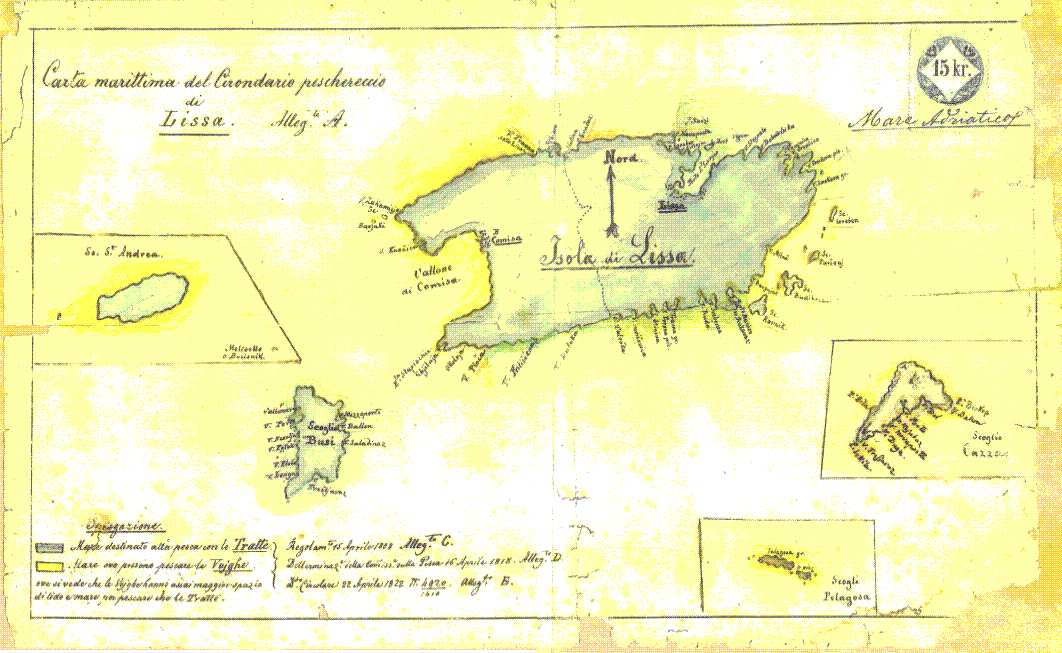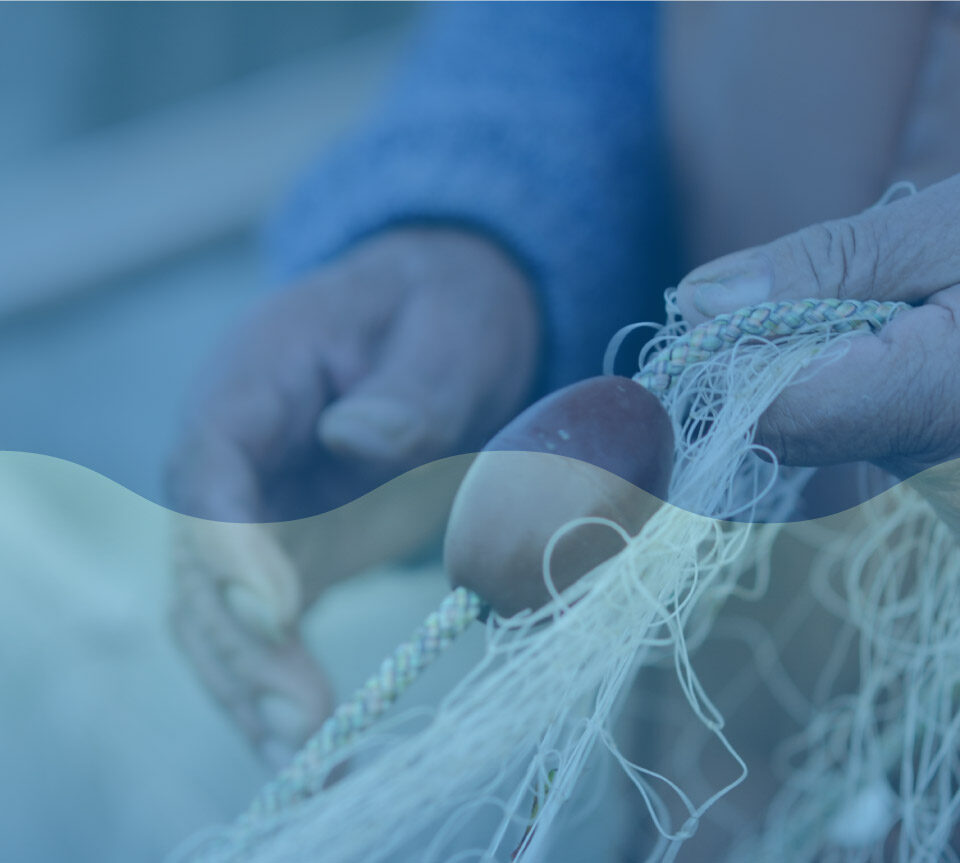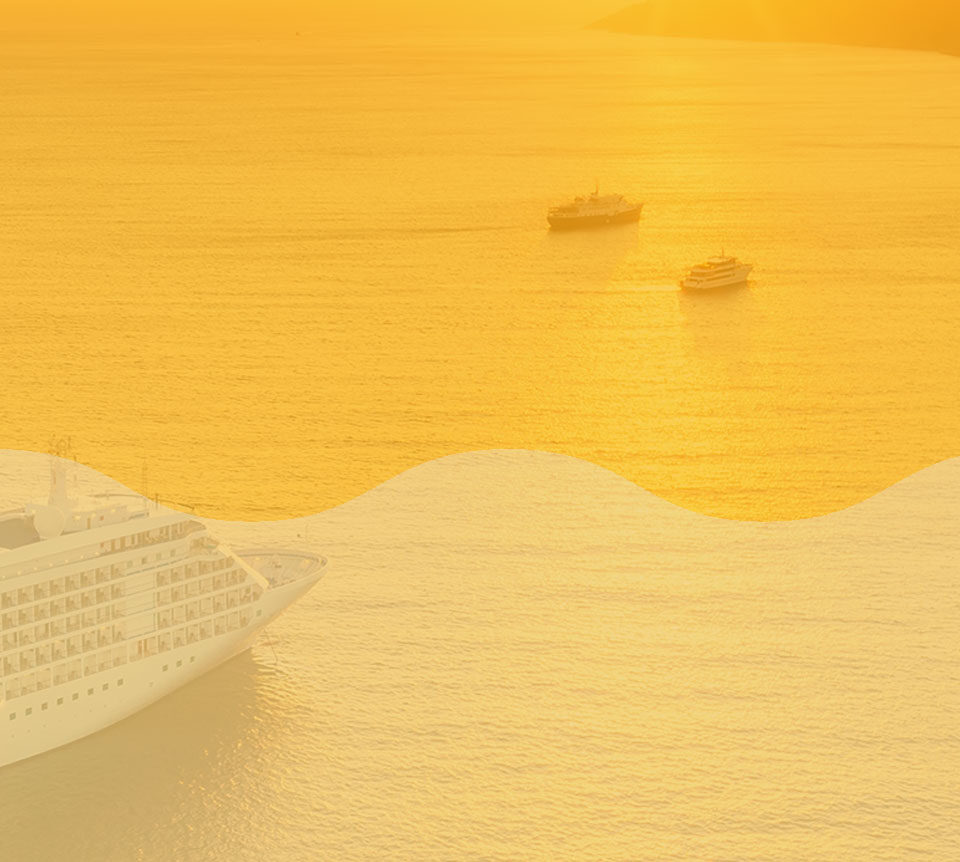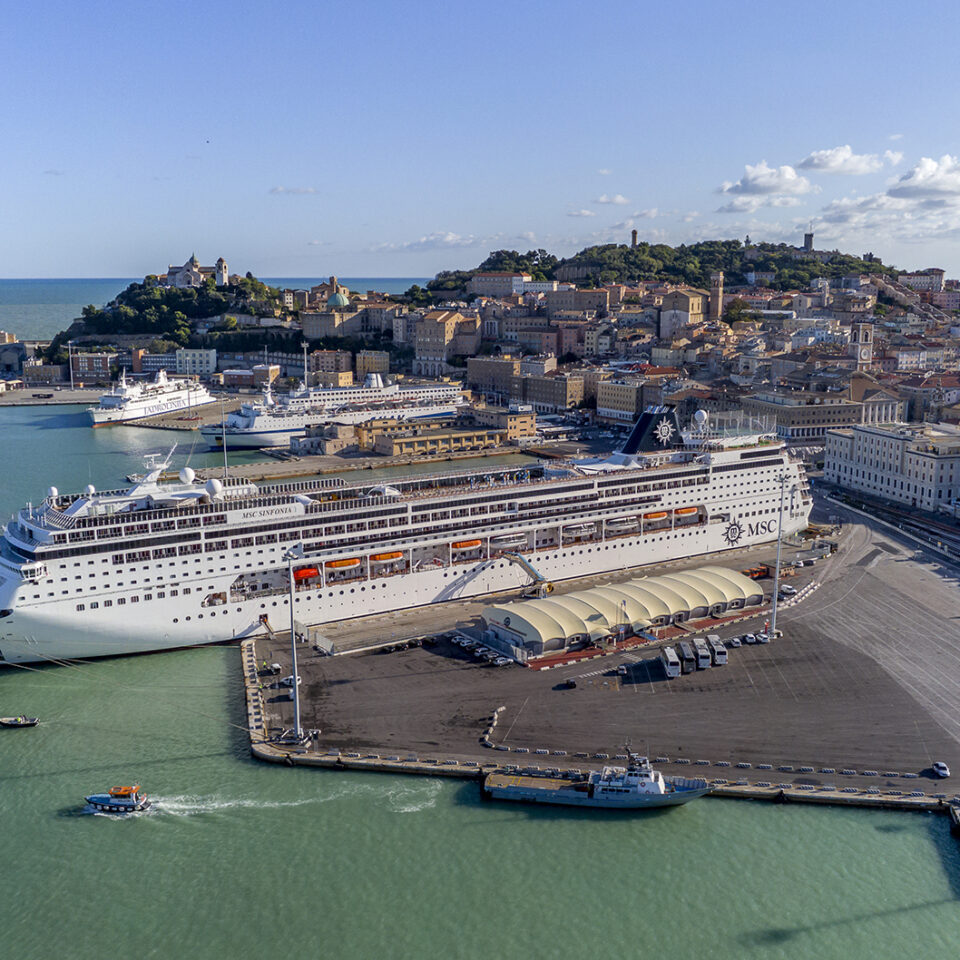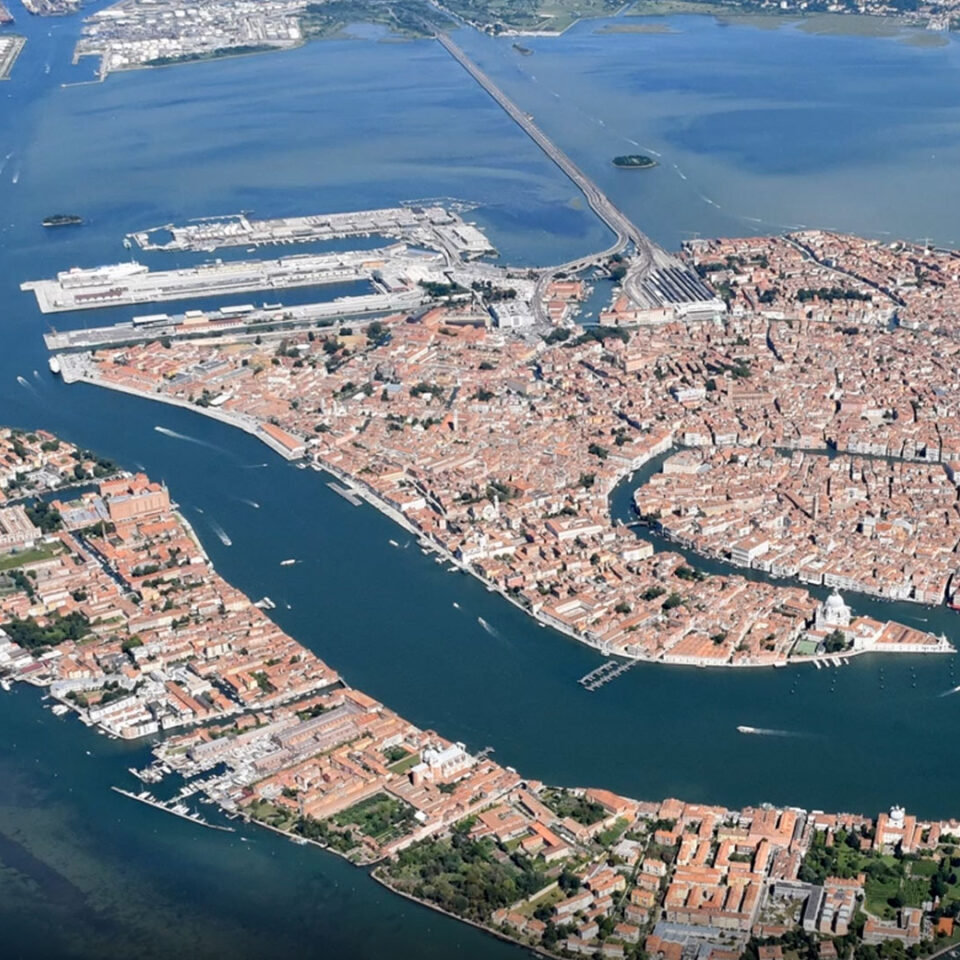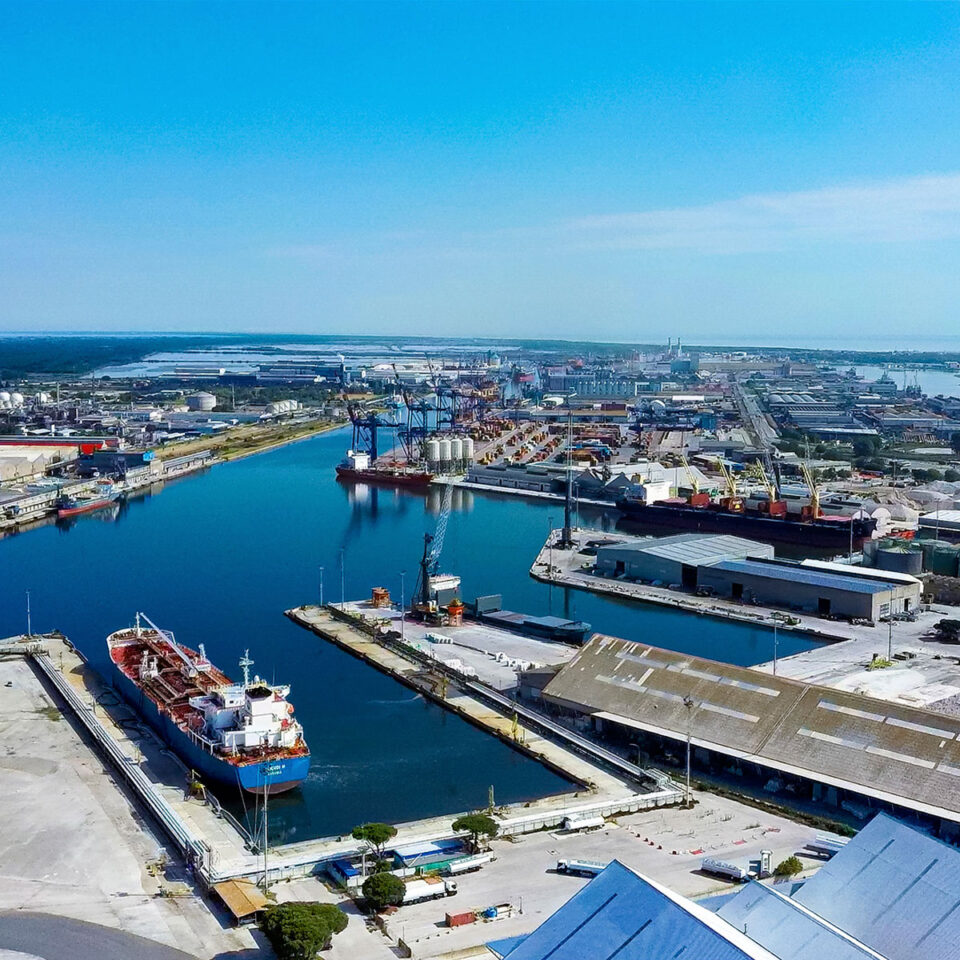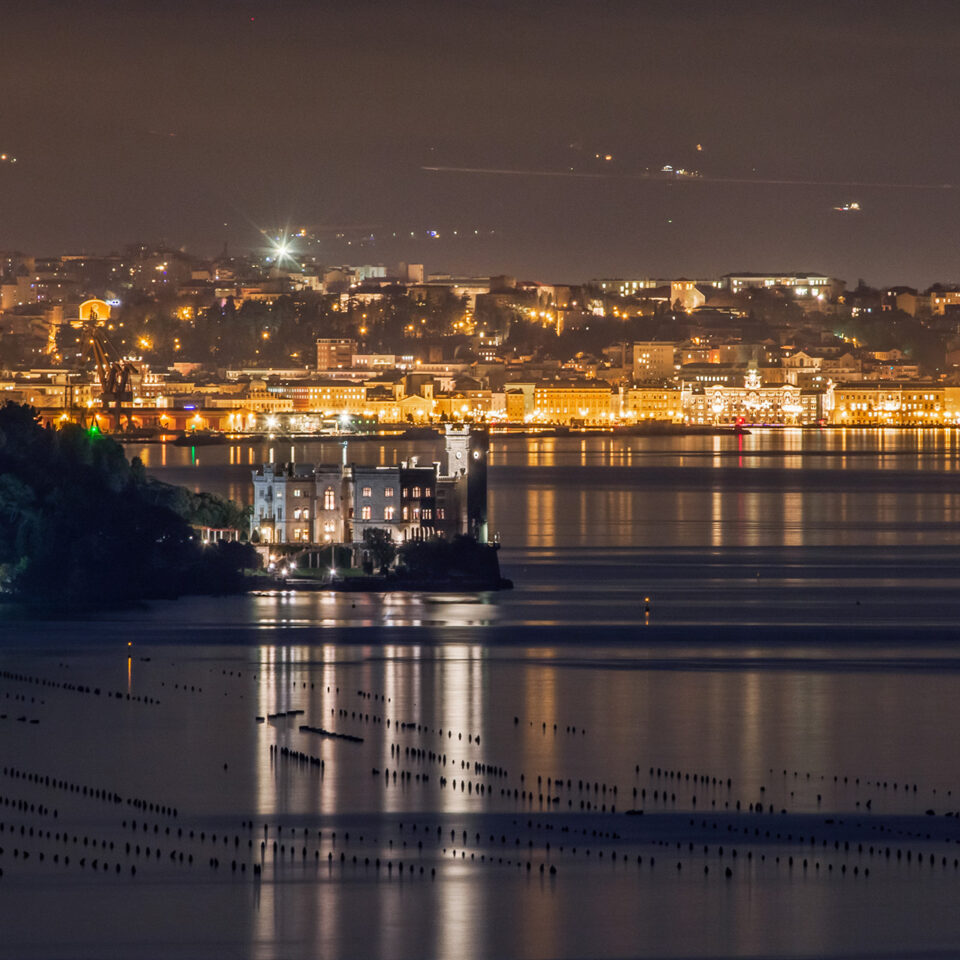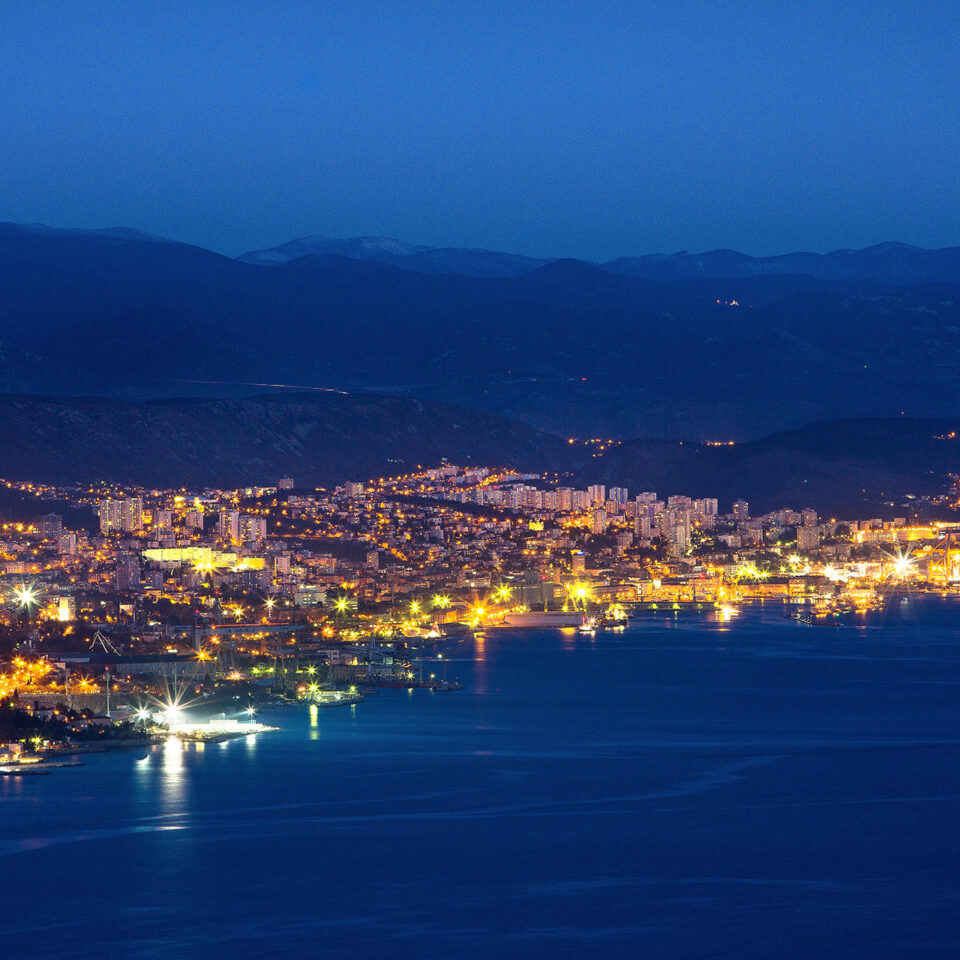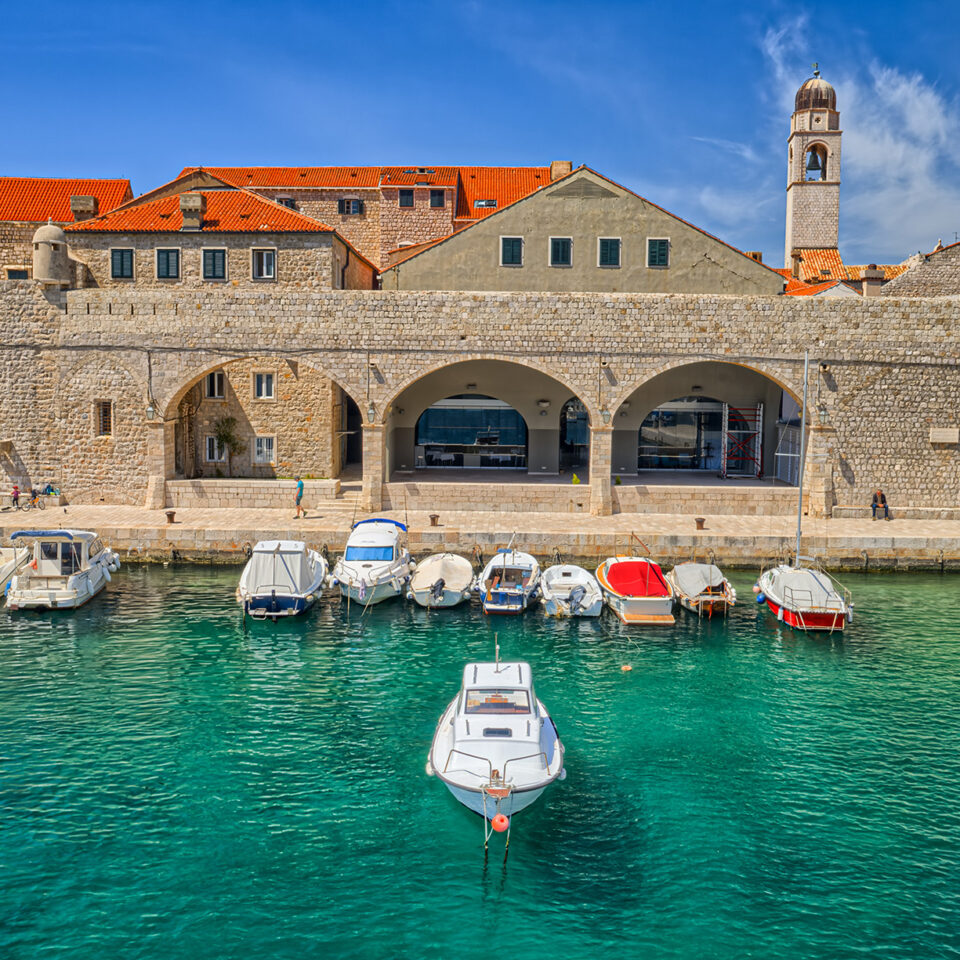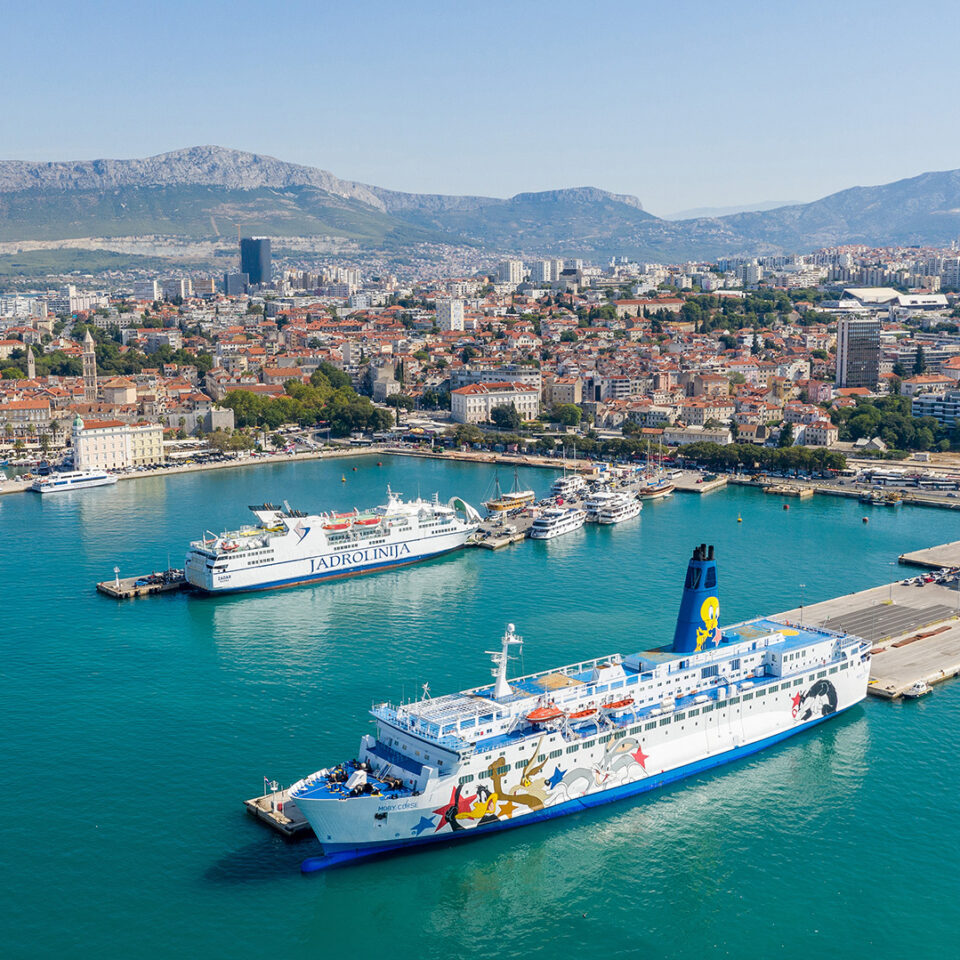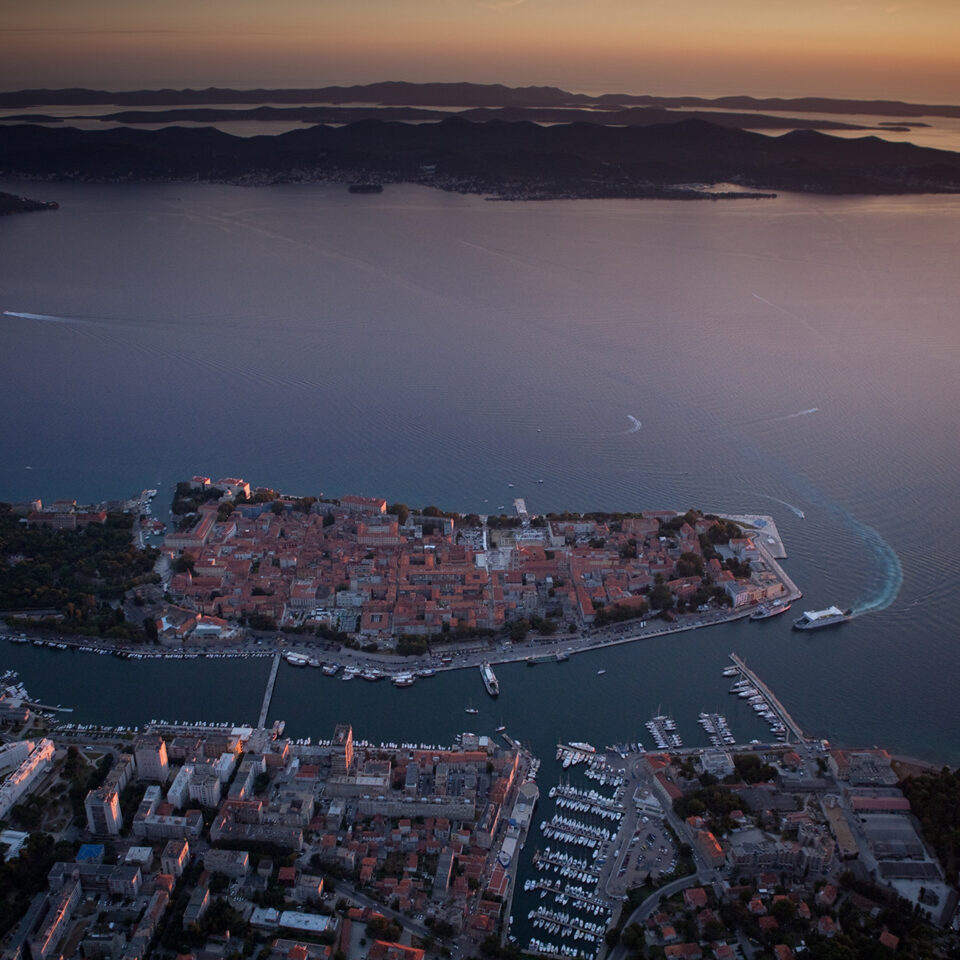

Literature, proverbs, languages
Dalmatia, as coastal and island region of Croatia, has a long naval history and maritime tradition dating back thousands of years. The maritime culture in Dalmatia maintains its continuity from the times of Greek colonization in the 4th century BC. Croats, being the only Slavic people on the Mediterranean, inherited together with the maritime culture also lingua franca, the common language of all seafarers throughout the entire Mediterranean including Portugal from the 13th to the 19th century. This spoken language of an extremely simplified grammar was created for the purposes of communication across the boundaries of ethos. Its roots can be found in Latin; however, its lexicon demonstrates obvious influence of Greek and Arabic idioms. Dalmatia inherited its maritime terminology from the language of the Delmats – the old Dalmatian Romance language, but also from the Venetian idiom spoken in Dalmatia for four centuries. For the purposes of this analysis, the author selected forty idioms from Dalmatian fishing and nautical terminology and compared them to the terminology of other Mediterranean languages.
There are numerous proverbs from professor Božanić’s collection of paremiologisms from the island of Vis, which he collected in order to present the island’s oral tradition, as the most summarized linguistic form used by the organic human community of Vis for preservation and oral transfer of folk philosophy on life, human relationships, natural phenomena, rhythm of meteorological weather, gender relations, experience of fisherman and farmer labour, sense of human existence and opinion of a man towards transcendental experience among different generations.
The most characteristic kind of oral literature of the island of Vis is facenda. The word facenda comes from the Venetian vernacular where it means work, doing. Just as the word novel originally means news, happening and only metaphorically becomes the term for a story, so facenda on the island of Vis means both an event and a story about the event. The two main characteristics of facenda are nonfictionality and humour. It is a humorous story about everyday life. It preserves the language richness created by many generations of oral narrators. Facenda brings together the community, treasures its collective memory, builds its value system and connects the living and those living on in the memory.

